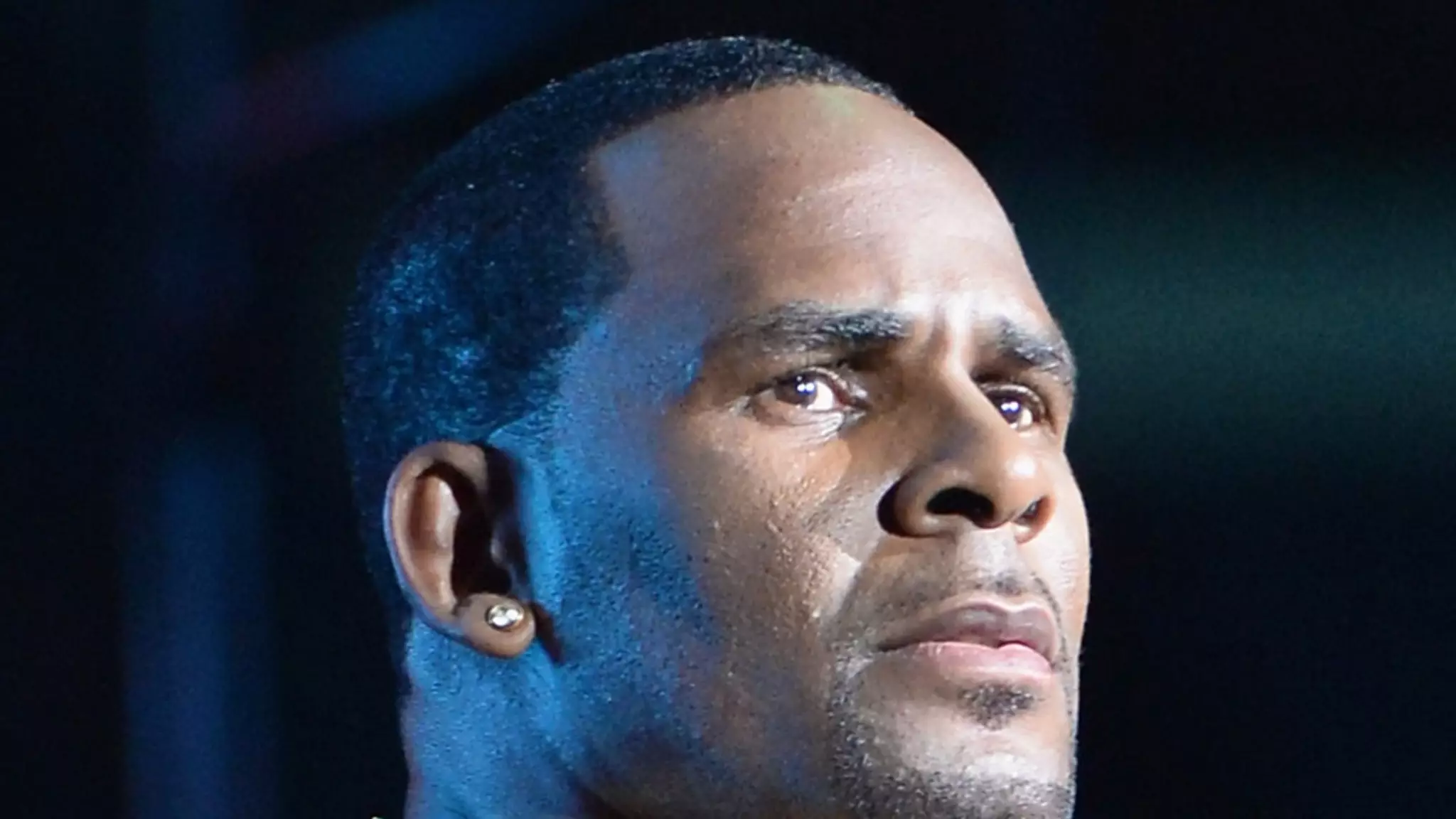R. Kelly, once celebrated for his musical genius, now stands as a symbol of betrayal and abuse, his legacy overshadowed by a cloud of serious criminal convictions. The recent push for a pardon by the disgraced singer, particularly through connections to former President Trump, raises alarming questions about the integrity of our justice system. This demand is complicated further by the haunting narrative surrounding Joycelyn Savage, one of Kelly’s alleged victims, who has been missing and out of contact for several years. Joycelyn’s family firmly believes she remains under Kelly’s control, a situation warranting grave concern.
This is not merely a story about a man seeking to regain his freedom; it is a case that showcases the systemic issues at play when celebrities manipulate their influence and connections for personal favor. Reports reveal that Joycelyn’s family has heard little from her since 2019, only occasional messages purportedly from those claiming to represent her. These circumstances paint a troubling picture, suggesting that the influence R. Kelly exerts is profound and enduring. For her family, the hope of reconnecting is fraught with distress, underscoring a painful reality for families of abuse survivors trying to navigate the dark realms of control and manipulation.
Justice Delayed and Vulnerability Exploited
R. Kelly’s legal team, while focused primarily on advocating for his release due to health concerns—which include hospitalization following threats while incarcerated—fails to address the crucial matter of Joycelyn’s whereabouts. Instead, they redirect the conversation back to Kelly, attempting to shift public perception away from the profound impact of his actions on real lives. This lack of accountability is not just an oversight; it highlights a troubling pattern of neglect that minimizes the voices of victims in favor of protecting the accused.
The Savage family has articulated their fervent belief that Kelly must serve the entirety of his sentence, which stems from serious convictions including racketeering, sex trafficking, and further charges of child pornography. Each of these rulings underscores a pattern of predatory behavior. Kelly’s suggestion for a pardon is not only an affront to the justice system but, more importantly, to the survivors who have bravely come forward to tell their stories.
The Implications of a Pardon
The implications of granting R. Kelly a pardon would resonate far beyond the walls of a prison. It would signal to victims everywhere that their pain can be overshadowed by fame and influence, undermining the hard-earned progress made in the fight against sexual violence. It could create a chilling effect, deterring survivors from coming forward for fear that their abuser may one day evade justice through manipulative pathways.
Critics of the pardon movement assert that true justice lies not in the liberation of individuals like Kelly but in the empowerment of survivors like Joycelyn Savage. Until Kelly acknowledges his actions and the consequences they have inflicted on his victims, the call for separation from the legal repercussions he faces must remain firm. It’s about safeguarding the voices of those still silenced. The path forward should be paved with accountability, not celebrity privilege.

